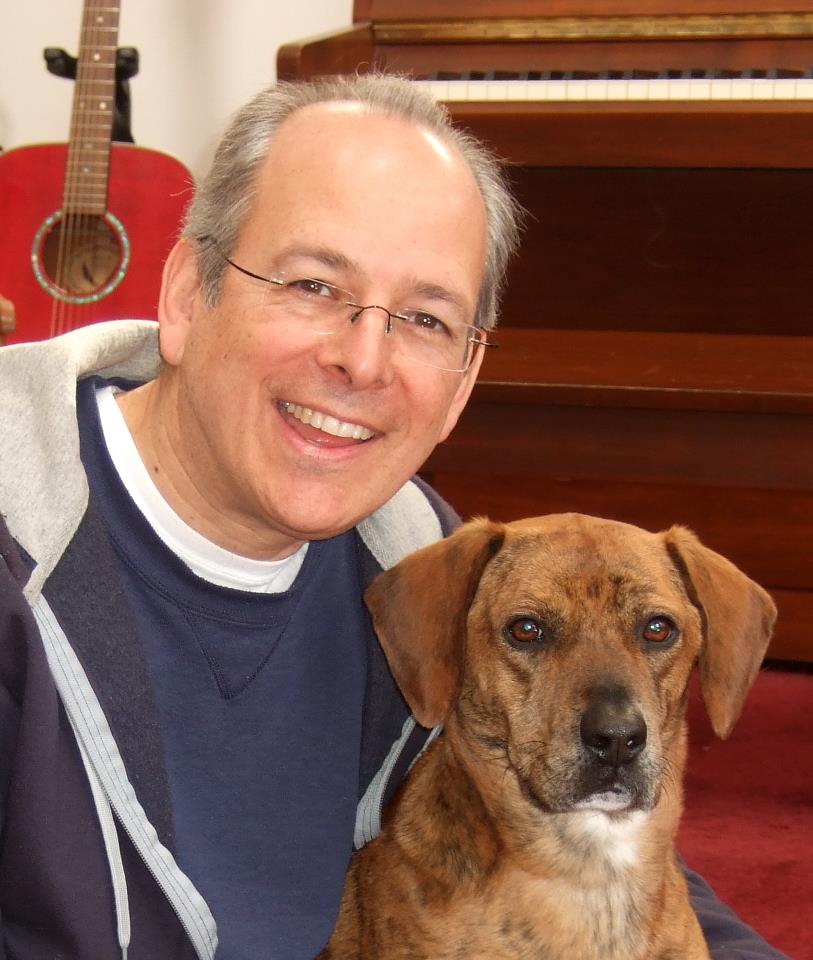“Time will tell where love goes when one of its most radiant sources is ungraciously taken. Yet so many lean forward to give cover along the way.”
I penned these words in March 2009, shortly after burying my 19-year-old son. It was a devastating experience to let go of my child. And yet, the loving hands that kept me from falling into a spiritual grave of my own have shaped my life every day since.
In this week’s parashah, Vayechi (“he lived”), Joseph and his brothers bury their father Jacob, who had brought his family to Egypt in order to escape famine but had made them swear they would lay his body to rest back home in Canaan. Before breathing his last, Jacob had time not only to give instructions about his funeral but to say goodbye to, and to bless, his family.
Jonah had been a freshman at the University at Buffalo. He had just completed his midterms and was planning a drive home with his sister Katie. Fate intervened and, instead of coming home, Jonah died. There were no goodbyes. No time for final blessings. One day my son was here, the next he was gone. Like Jacob, he would return home only to be buried in the ground.
If we are loved, then when we die – early or late – people grieve for us. Those whom we have loved, we miss them and our hearts yearn to have them back.
For those who have been deprived of a farewell, whose loved ones ascended to heaven long before we thought possible, the return to “normal living” can be an especially difficult journey.
“Yet so many lean forward to give cover along the way.”
It was raining the day we buried Jonah. As my family and I wept, watching the casket as it was lowered into the earth, the rain did not touch us because friends held their umbrellas above our heads. Remarkably, others leaned their own umbrellas forward to cover the heads of those who were covering ours. It was an extraordinary moment. A moment that extends even further as caring hands continue to watch over us and ensure our healing. Five years later, some of those who have looked after us must now endure painful turns of their own. I am inspired by this cycle of love, the sight of others looking after those who have looked after me.
The remarkable kindnesses that my family received throughout those mournful days have affixed themselves to my soul, and I have wanted to do something that moves beyond grieving. My family decided we’d create The Jonah Maccabee Foundation, bringing together two powerful forces for good: first, that Jonah cared deeply about the well-being of others (I imagine that, given time, he would have effected profound goodnesses upon many others); and second, that the people who cared, and continue to care about us, have taught me that, even amidst crushing loss, there is a kindheartedness in our world that persists and that leans toward bettering other people’s lives.
We choose to honor Jonah by dedicating ourselves to helping young people build whole, healthy lives. It was something he cared about, as do we. Through The Jonah Maccabee Foundation, we work with the 52nd Street Project, Kids in Distressed Situations, Play Group Theatre, the Talia Agler Girls Shelter in Nairobi, Save the Children’s Ebola Relief Fund, and the North American Federation of Temple Youth (NFTY). Joining hands (and wallets!) with family and friends, we are turning the tragedy of Jonah’s death into the still-reverberating goodness of Jonah’s life.
“Time will tell where love goes when one of its most radiant sources is ungraciously taken.” I now know where love goes – into the hearts of those who receive it and then gratefully pass it along.
In the Talmud (Ta’anit 5b), there is a curious statement made by Rabbi Yokhanan: Yaakov avinu lo met, he says. “Jacob our patriarch never died.” Yokhanan explains that through the Exodus, through the saving of the Hebrew slaves, all of Israel lives on. And as the people live, so too Jacob.
Most of us prefer goodbyes before departures. But sometimes, where there is profound love and shared life, the absence of spoken words does not mean the absence of connection and understanding. Yes, Jacob was able to share his wishes with his loved ones. But so too with Jonah; because of the nineteen years during which we were lucky enough to love him and to share his life with him, we know how to carry his legacy forward. And I imagine this experience has been shared by many of us who’ve had to carry on without saying goodbye.
How ironic yet appropriate that our parashah opens with Vayechi Yaakov… Jacob lived. That is how loved ones are remembered. Not by how they died, but how they lived.
Billy Dreskin is a rabbi at Woodlands Community Temple near White Plains, New York. Email him at RabbiBillyDreskin@gmail.com. He writes about Jonah Maccabee Dreskin at jonahmac.org/jonah.


